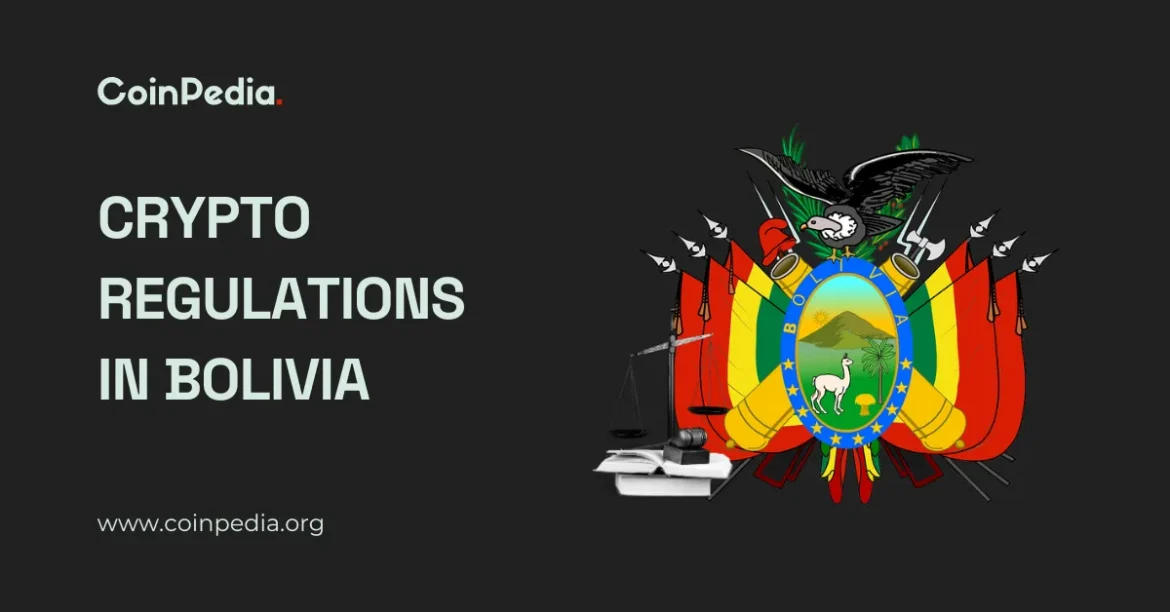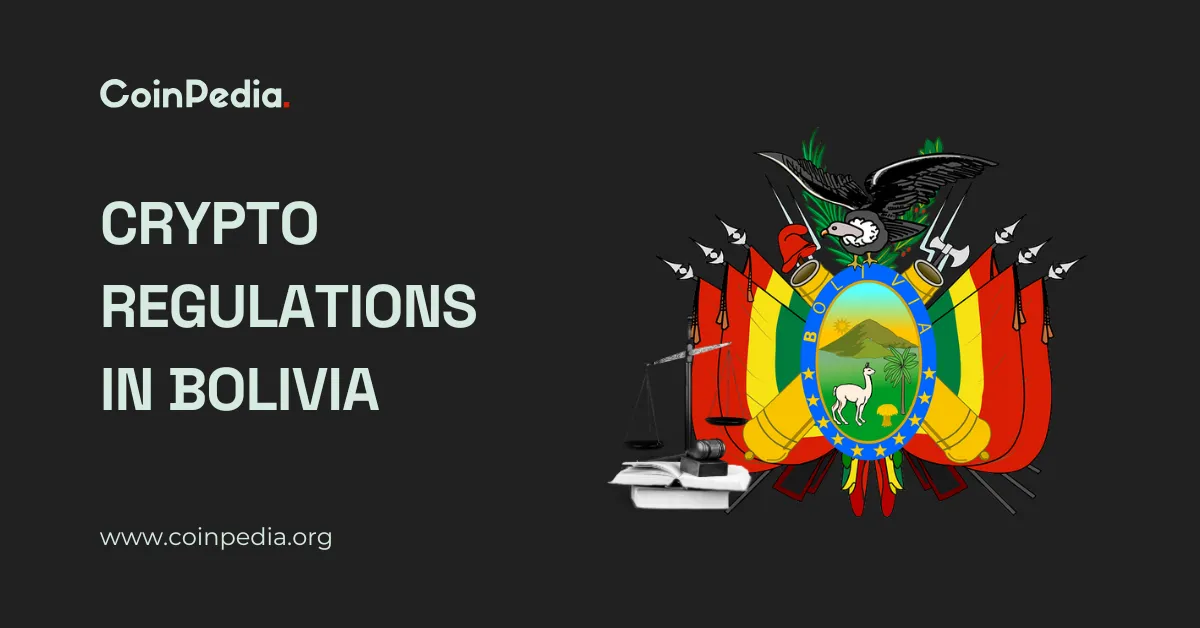Bolivia’s Crypto Revolution: A Strategic Shift Inspired by El Salvador
Introduction: A Paradigm Shift in Bolivian Policy
Bolivia’s recent embrace of cryptocurrency marks a dramatic departure from its previous stance of outright prohibition. The nation’s Central Bank, in collaboration with El Salvador’s National Commission of Digital Assets, has formalized a groundbreaking Memorandum of Understanding (MoU) on July 16, 2025. This agreement signals a profound rethinking of cryptocurrency’s role in Bolivia’s economic future, with implications that could reshape the country’s financial landscape.
The Evolution of Bolivia’s Crypto Stance
From Prohibition to Adoption
Bolivia’s journey towards crypto acceptance has been marked by significant shifts in policy. Initially, the country imposed a strict ban on cryptocurrencies, viewing them with skepticism and concern. However, the lifting of this ban in mid-2025 led to a surge in crypto trading volume, reaching an impressive 294 million. This shift was influenced by several key factors:
– El Salvador’s Pioneering Role: El Salvador’s adoption of Bitcoin as legal tender has served as a powerful example, demonstrating the potential for financial innovation and increased access to digital assets.
– Economic Necessity: Bolivia’s ongoing currency crisis and the impending general election have underscored the need for alternative financial solutions.
– Recognizing Crypto’s Potential: The Bolivian central bank has acknowledged cryptocurrency as a “reliable alternative” to fiat currency, prompting a collaborative effort with El Salvador to develop a robust regulatory framework.
The Bolivia-El Salvador Partnership: A Blueprint for Success
The MoU between Bolivia and El Salvador outlines a comprehensive plan for collaboration, focusing on several critical areas:
Regulatory Framework Development
The cornerstone of the agreement is the development of a regulatory framework for cryptocurrencies in Bolivia. El Salvador’s experience in integrating Bitcoin into its legal and financial systems provides invaluable insights. This framework will address key issues such as:
– Licensing Requirements: Establishing guidelines for crypto exchanges and service providers.
– Anti-Money Laundering (AML) Protocols: Implementing measures to prevent illicit activities.
– Consumer Protection: Ensuring the safety and rights of crypto users.
– Tax Implications: Clarifying the tax treatment of cryptocurrency transactions.
Technical Infrastructure
Building a secure and efficient technical infrastructure is essential for supporting the adoption of cryptocurrencies. The partnership will focus on:
– Blockchain Intelligence Systems: Developing tools to monitor and analyze crypto transactions.
– Secure Wallets and Payment Gateways: Ensuring the safety and accessibility of digital assets.
– Cybersecurity Measures: Protecting against potential threats and vulnerabilities.
Knowledge Sharing and Capacity Building
The MoU emphasizes the importance of knowledge sharing and capacity building. El Salvador will provide training and technical assistance to Bolivian officials, enabling them to develop the necessary expertise to regulate and manage the crypto sector effectively. This includes:
– Best Practices: Sharing insights and lessons learned from El Salvador’s experience.
– Technical Assistance: Providing support in developing regulatory frameworks and technical infrastructure.
– Capacity Building: Enhancing the skills and knowledge of Bolivian officials and experts.
The Broader Implications of Digital Assets
While Bitcoin is the most well-known cryptocurrency, the partnership between Bolivia and El Salvador extends to a broader range of digital assets, including:
– Stablecoins: Cryptocurrencies pegged to stable assets, such as the US dollar, to reduce volatility.
– Security Tokens: Digital representations of traditional financial assets, such as stocks and bonds.
– Other Blockchain Innovations: Exploring the potential of decentralized finance (DeFi) and other blockchain-based technologies.
Economic and Financial Benefits
The collaboration between Bolivia and El Salvador aims to enhance the adoption of cryptocurrencies, potentially leading to:
– Increased Investment: Attracting foreign investment and boosting economic growth.
– Diverse Financial Options: Providing citizens with alternative financial solutions.
– Improved Financial Access: Expanding access to digital financial services, particularly in underserved regions.
Challenges and Considerations
Despite the promising potential, Bolivia’s crypto journey is not without its challenges. Several factors could impact the success of this partnership and the overall adoption of cryptocurrencies in the country:
Regulatory Uncertainty
Developing a comprehensive and effective regulatory framework is a complex and time-consuming process. Bolivia must strike a balance between fostering innovation and protecting consumers and investors. Regulatory uncertainty could stifle adoption and drive crypto activity underground.
Technical Expertise
Building a robust technical infrastructure requires significant investment and expertise. Bolivia may need to rely on external expertise and partnerships to develop the necessary systems and infrastructure.
Public Awareness and Education
Widespread adoption of cryptocurrencies requires a high level of public awareness and understanding. Bolivia will need to invest in education and outreach programs to inform citizens about the benefits and risks of using digital assets.
Volatility and Market Risks
Cryptocurrencies are known for their volatility, which can deter some investors and users. Bolivia will need to implement measures to mitigate market risks and protect consumers from potential losses.
Political and Economic Instability
Bolivia has a history of political and economic instability, which could impact the long-term success of its crypto initiatives. Political uncertainty and economic downturns could undermine confidence in the crypto sector and lead to regulatory changes.
Conclusion: A New Era for Crypto in the Andes
The partnership between Bolivia and El Salvador represents a significant step forward for the adoption of cryptocurrencies in Latin America. While challenges undoubtedly lie ahead, the potential benefits of increased financial inclusion, economic growth, and technological innovation are too significant to ignore. By learning from El Salvador’s experiences and developing a well-thought-out regulatory framework, Bolivia has the opportunity to harness the power of digital assets to transform its economy and improve the lives of its citizens. The path ahead is not without its uncertainties, but the dawn of a new era for crypto in the Andes has undeniably arrived.





